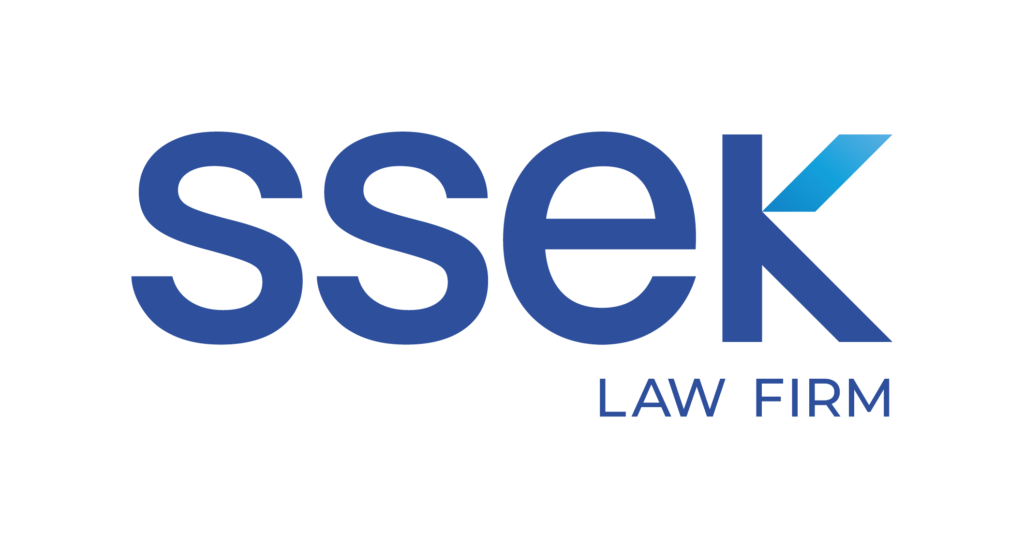Indonesia Updates Legal Association Framework With New MOL Regulation.
The Indonesian government, through the Ministry of Law (“MOL”), has issued Regulation No. 18 of 2025 (“MOL Reg 18/2025”), which replaces Ministry of Law and Human Rights Regulation No. 3 of 2016, as amended by Regulation No. 10 of 2019 (“MOLHR Reg 3/2016”) concerning the ratification and amendment of the Articles of Association for Legal Associations, dated May 28, 2025.
Indonesian law defines a Legal Association as a non-profit legal entity formed by individuals with a shared purpose, typically in social, religious, or professional fields. Unlike foundations, a Legal Association is member-based and focuses on empowering its members. As a legal entity, it must be registered with the Ministry of Law and be governed by formal Articles of Association.
This new regulation introduces several updates aimed at aligning the legal framework with current needs, particularly in terms of naming flexibility and the formal procedures for terminating Legal Associations.
It should be noted that while MOL Reg 18/2025 has revoked and replaced MOLHR Reg 3/2016, applications for the ratification and approval of a Legal Association’s Articles of Association submitted before the new regulation took effect will still be processed under the previous framework. In addition, the new regulation allows manual submissions for the termination of an Association’s legal status to remain valid until 3 December 2025, providing a six-month transition period following the regulation’s enactment.
Updates Under MOL Reg 18/2025: What Has Changed and Why It Matters
- Updated Procedures for Name Approval and Ratification
Under MOL Reg 18/2025, Legal Associations are still required to obtain name approval prior to ratification. However, applicants must now also submit additional information, including the background and purpose of the name and the registered domicile of the Association. Names in local or foreign languages are now permitted, provided they are aligned with historical, cultural, customary, or religious values. The regulation also allows the use of synonymous terms such as “union,” “alliance,” or “society,” under specific conditions.
Applicants must take full legal responsibility for the proposed name and may be required to provide letters of recommendation or no objection from relevant authorities. Name approvals must be issued within 14 business days, and ratification applications must be submitted within 30 calendar days of the signing of the deed of establishment, along with a list of voting members.
- New Procedures for Termination of Legal Status
MOL Reg 18/2025 introduces clear and accessible procedures for the termination of an Association, which can now be submitted online via the Legal Entity Administration System (SABH). Required documents include meeting minutes regarding the dissolution, attendance lists, the dissolution deed, public announcements of dissolution and liquidation, and court rulings in the event of bankruptcy.
Applicants must also submit a declaration confirming the accuracy and completeness of the submitted documents. Once verified, the Minister will issue a Decree of Dissolution and officially remove the Association from the Ministry’s legal entity database.
These changes are important as they improve legal certainty and administrative efficiency for Legal Associations. By clarifying naming and termination procedures and integrating digital systems, MOL Reg 18/2025 supports more transparent, accountable, and accessible processes that ensure Associations operate in line with their intended purpose.
Strategic Direction: Transparency, Flexibility, and Legal Certainty
MOL Reg 18/2025 marks a key step toward strengthening the governance of Legal Associations in Indonesia. By updating the name approval and ratification process and formalizing termination procedures, the regulation:
- Enhances legal clarity for Association founders and members;
- Accommodates cultural and linguistic diversity through flexible naming rules; and
- Promotes accountable and orderly dissolution through clear documentation requirements.
For Legal Associations navigating regulatory obligations, staying informed and compliant with these changes is essential to ensure operational legitimacy and organizational continuity. (23 June 2025)







